Can Cats Eat Snails or Slugs? Risks & Precautions to Take
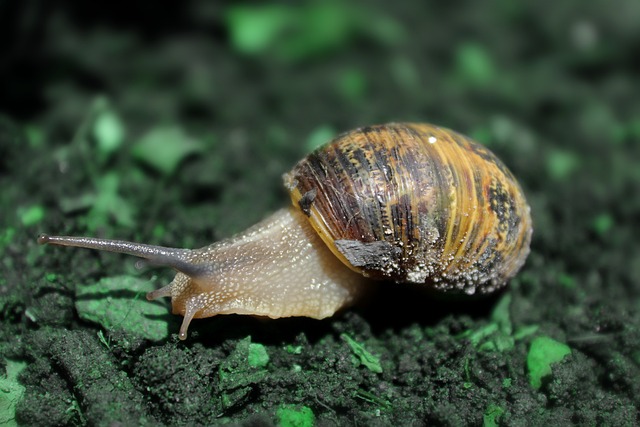
Picture this:
You're sitting on your couch, enjoying a peaceful evening, when suddenly your furry friend, Fluffy, dashes across the room with something slimy dangling from her mouth.
Panic surges through you.
Are those snails?
Slugs?
Could they harm your precious fur baby?
Your concern is valid, my friend.
The safety of our cats is paramount. 😺
So, let's dive into the fascinating world of cat vs snail slug.
Buckle up and let's begin.
Are Snails and Slugs Toxic to Cats?
While snails themselves are not toxic to cats, consuming them can upset your feline's stomach. Most slugs have low poison levels, but playing with them is risky as they may carry harmful substances. Discourage your cat from snacking on these slimy critters to avoid tummy troubles.
Cats and snails don't mix well, my friends. Some snails and slugs produce toxins that can hurt your feline pal if they gobble them up.
So, it's better not to take the risk.
But here's the bright side:
Snails themselves are not toxic to cats.
Yet, chowing down on those slimy creatures might upset your cat's tummy.
And we surely don't want that for our furry buddies.
That's not cool at all.
We must prioritize the all in all well-being and safety of our cats, right?
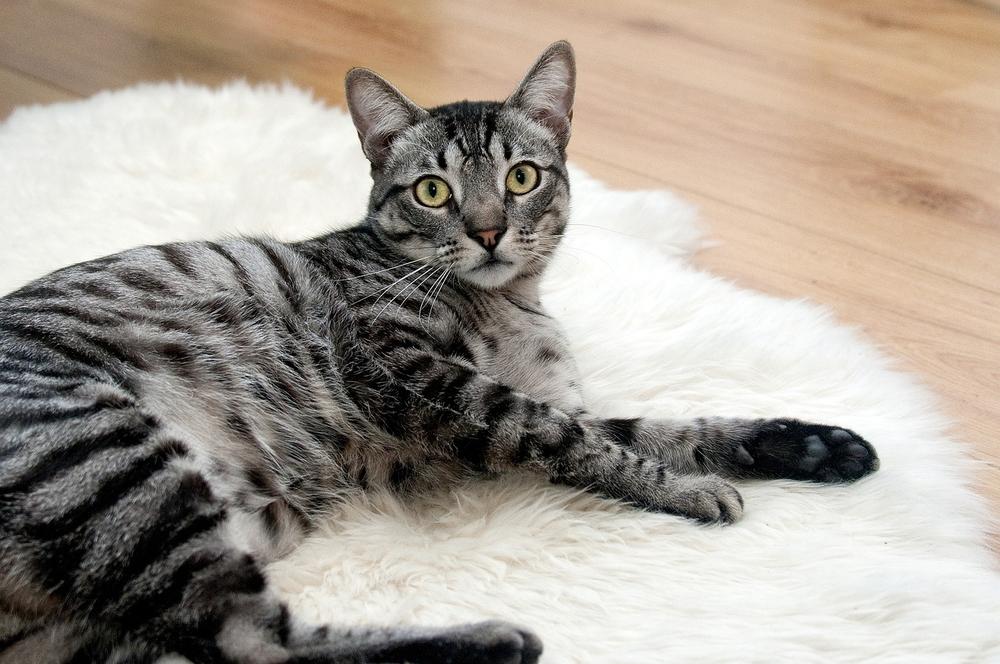
Now, things get interesting.
Most slugs won't harm your cat much because their poison levels aren't too high.
However, playing with snails and slugs is risky as some might carry harmful substances.
It seems cats adore slugs because they taste delicious.
I can't blame them though.
Who doesn't love a mild-flavored snack?
Make sure you keep an eye on your cat and discourage them from snacking on these slimy critters.
It'll save them from any unwanted tummy troubles.
But wait, there's more you need to know about the dangers of cats dining on snails and slugs!
Potential Dangers of Cats Eating Snails or Slugs
Gastrointestinal distress is just the beginning
So, when your precious cat eats snails or slugs, it can cause some serious tummy troubles. You definitely don't want to deal with the messy aftermath, do you?
But hold on, there's more.
Toxic substances can be a major concern
Here's the thing – cats should never ever eat garlic. It's poisonous for them and can give them a bad case of pancreatitis. So, if you're a cat owner, make sure you keep that garlic locked away far from your curious kitty.
And let's not forget about snail baits...
Some of them contain nasty stuff like metaldehyde and methiocarb, which are really toxic for cats even in tiny amounts.
Those little critters might look like a tasty snack to your furry friend, but they could lead to danger.
Health issues and potential poisoning
You know what?
Cats are drawn to snails and slugs because they think of them as a special treat.
But here's the thing – the slime these creatures produce can make your cat sick.
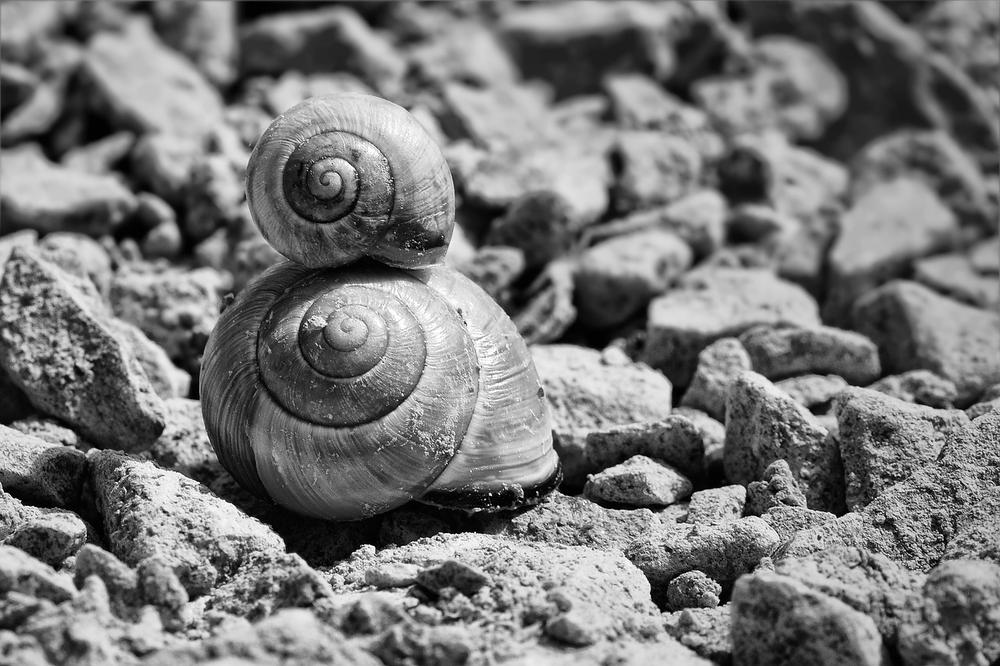
We're talking about things like vomiting, diarrhea, and loss of appetite.
Not exactly enjoyable times for anyone involved, right?
Oh, and get this – if the snails or slugs have eaten pesticides or slug baits, well, that's pretty harmful if your kitty decides to gobble them up.
And let's not forget about certain exotic slug species that are downright deadly for cats.
Those slug pellets with metaldehyde?
Yeah, that's some serious business.
They can give your cat tremors, seizures, and hike up their body temperature.
Definitely not something you want to mess around with.
Protecting your beloved feline companion should always be your number one priority, so take the necessary steps to prevent them from snacking on snails, slugs, or any toxic bait products. Trust me, it's for their own good.
Symptoms of Snail or Slug Poisoning in Cats
Signs of snail or slug poisoning in cats are similar to those in humans.
You may notice weakness, lethargy, tremors, seizures, gastrointestinal distress, muscular weakness, excessive thirst and urination, decreased appetite, drooling, and wobbly walking.
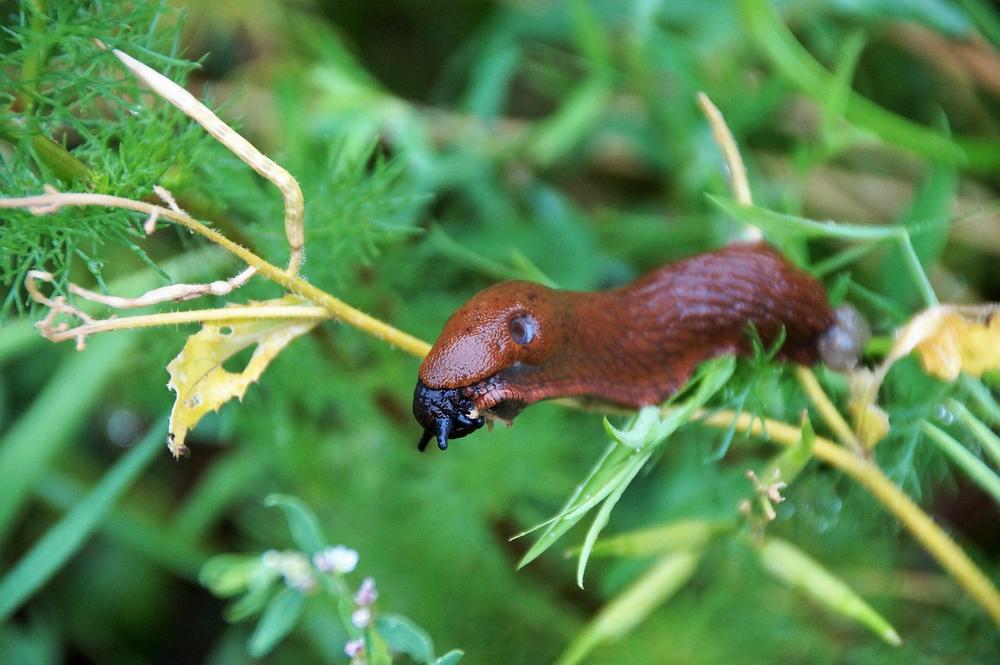
If you see any signs that your cat is unwell, or if you suspect they have come into contact with snails or slugs, you should seek immediate veterinary help.
Time is of the essence when it comes to potential poisonings, so don't hesitate to take action if you have any concerns.
Your furry friend's health and well-being should always be your top priority!
Can Cats Get Parasites from Eating Snails or Slugs?
To keep your cat safe from pesky parasites that hitch a ride on snails and slugs, here are 10 important things you should do:
- Tell your cat it's not cool to munch on snails or slugs.
- Skip the garden sprays or poisonous traps to avoid exposing your furry friend.
- Create a cozy haven indoors where your cat can chill out without any creepy crawlers.
- Keep an eye on outdoor cats for any signs of trouble.
- If you suspect your cat chomped down on one of those slimy creatures, don't waste time—spring into action right away.
- A vet knows best, so seek their wisdom for diagnosis and proper treatment.
- Block off areas where snails and slugs like to hang out, so your cat doesn't stumble upon them by accident.
- Scrub-a-dub-dub! After handling snails or slugs, give those hands a good scrub to get rid of any residue. 🔥
- Arm yourself with knowledge about the potential risks these critters pose to your cat.
- Above all else, make sure your cat's health comes first—because keeping them in tip-top shape is what matters most.
Follow these instructions and you'll become a superhero for your cat, protecting them from the dangers that snails and slugs may pose.
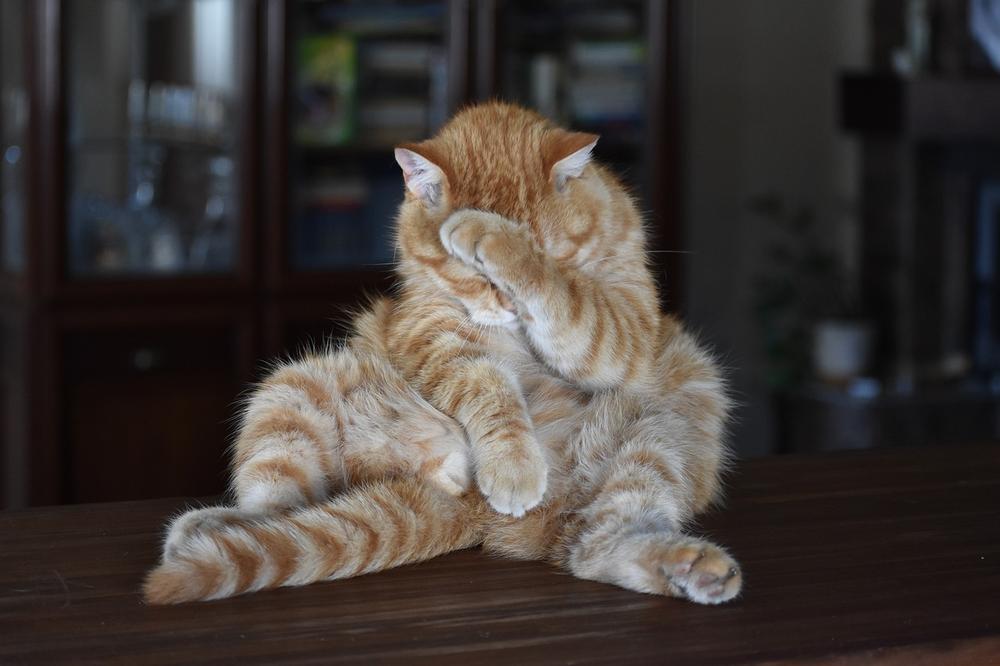
And that's not all! If you're still curious about what other delicacies your feline friend can safely indulge in, I highly recommend checking out my article Can Cats Eat Clams.
Discover if clams are a nutritious option for your beloved companion and satisfy your cautious nature as a responsible cat owner.
Don't miss the chance to explore this fascinating topic further and provide your furry friend with the best dining options.
What to Do If Your Cat Eats a Snail or Slug
If you think your cat ate a snail or slug, here's what you do:
- Get rid of those slimy creatures so your cat doesn't eat more.
- Watch your cat closely for any weird behavior or signs of being poisoned.
- Keep an eye out for stuff like puking, diarrhea, laziness, or not wanting to eat.
- If you're worried about your cat's health or if eating the slugs harmed them, go see a vet.
- Remember, it's better to stop this from happening in the first place! Take action to keep snails and slugs away from your cat.
So, make sure you pay attention and do what you need to do to keep your precious furball safe and sound. 🐾
But what can you do to prevent your cat from consuming snails or slugs in the first place?
Let me share some essential tips and precautions you should take to ensure your furry friend's safety!
How to Keep Snails and Slugs Away from Your Cat's Environment
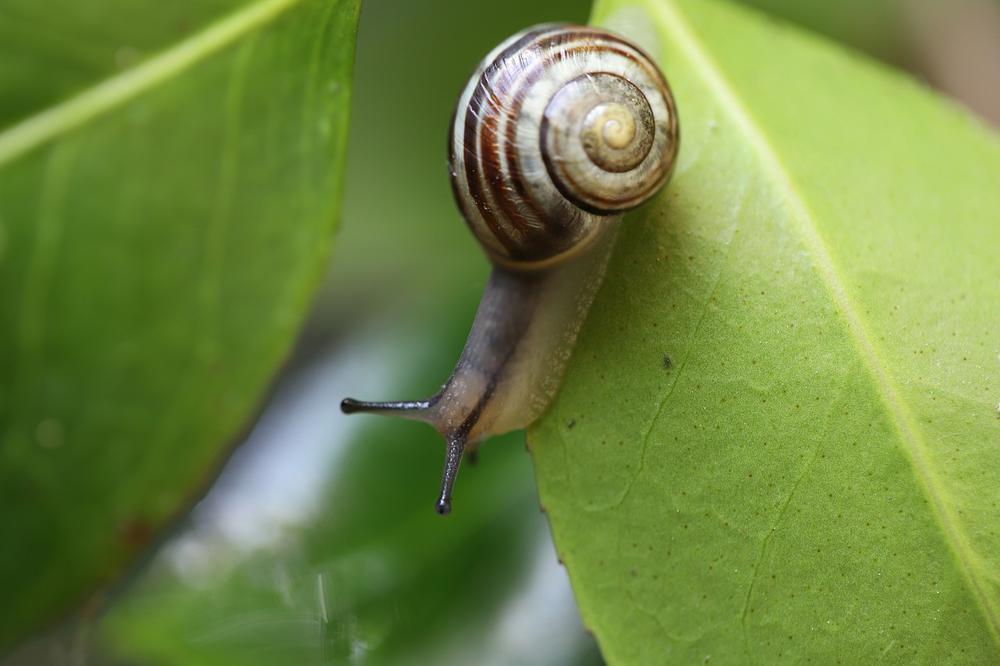
To keep snails and slugs away from your cat's place, here's what you can do:
- Make sure to regularly check the outdoor areas where your cat wanders around. Look out for damp spots under pots or in flower beds – they love hiding there.
- Keep your feline buddy inside. This way, you're preventing them from catching and eating slugs, which they're more likely to catch compared to birds or rodents.
- Ditch the pesticides and weed killers in your garden to protect your cat. Instead, try using natural methods like crushed eggshells or copper strips. These tricks will ward off slugs without harming your furry friend.
- Give your cat a varied diet and engage them in some energetic playtime. By doing so, you'll help reduce their urge to hunt outside.
- Be cautious with those slug pellets; they contain toxins that can harm your pet. Opt for safer alternatives like copper wiring, lava rock, or seaweed.
- If you want your cat to enjoy outdoor time, consider training them to walk on a leash. It guarantees their safety against slugs and other critters.
Snails and slugs can wreck havoc on your garden plants too. So, taking preventive measures benefits not only your cat but also your precious greenery.
The Cat Snail Dilemma: Key Takeaways
Key Takeaways:
- Cats can eat snails and slugs, but it is not recommended due to potential health risks.
- Eating bugs may cause an upset stomach in cats.
- Cats may consume slugs because they find them delicious.
- Garlic can cause pancreatitis in cats and should be avoided.
- Snail bait containing substances like metaldehyde and methiocarb is toxic to cats.
- Slug slime can lead to vomiting, diarrhea, and loss of appetite in cats.
- Exotic slug species can be poisonous to cats.
- Slug pellets containing metaldehyde can be deadly for cats.
- Immediate veterinary care should be sought if illness or contact with slugs or snails is suspected.
- Snails and slugs can carry harmful parasites and bacteria.
- Cats should not eat raw or cooked snails due to parasite and toxin risks.
- Outdoor cats are at risk of lungworm from garden snails and slugs.
- Wash hands thoroughly after handling snails or slugs to minimize health risks.
- If a cat eats a slug, remove them from the situation and seek veterinary examination.
- Prevent cats from consuming snails and slugs by keeping them indoors.
And that wraps up today's article.
If you wish to read more of my useful articles, I recommend you check out some of these: How Long Can a Newborn Kitten Go Without Eating, Can Cats Eat Oregano, Can Cats Eat Salmon, Does Dry Cat Food Go Bad, and Can Cats Eat Octopus
Talk soon,
-Sarah Davis